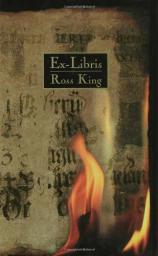Book Camp–Fostering Innovation Since 2010
 Book Camp on Sunday, February 12 was a spirited ‘unconference,’ a confab of experimentally-inclined publishing people enjoyed enormously by the 150 + plus in attendance, including me.
Book Camp on Sunday, February 12 was a spirited ‘unconference,’ a confab of experimentally-inclined publishing people enjoyed enormously by the 150 + plus in attendance, including me.
If you’ve never taken part in an ‘unconference’–and I never had until the first NY Book Camp in 2010–these gatherings are deliberately unplanned and unprogrammed up to the moment they begin. Book Camp is very much opposite to the two big digital publishing conferences held each year, Digital Book World and Tools of Change. As scripted and prepped as speakers are at those events, the presentations at Book Camp are informal, casual, and exploratory. Here, people aren’t sure what they think about a publishing question until they’ve had a chance to say it aloud, or listened to a colleague talking about it. / / more. . .






